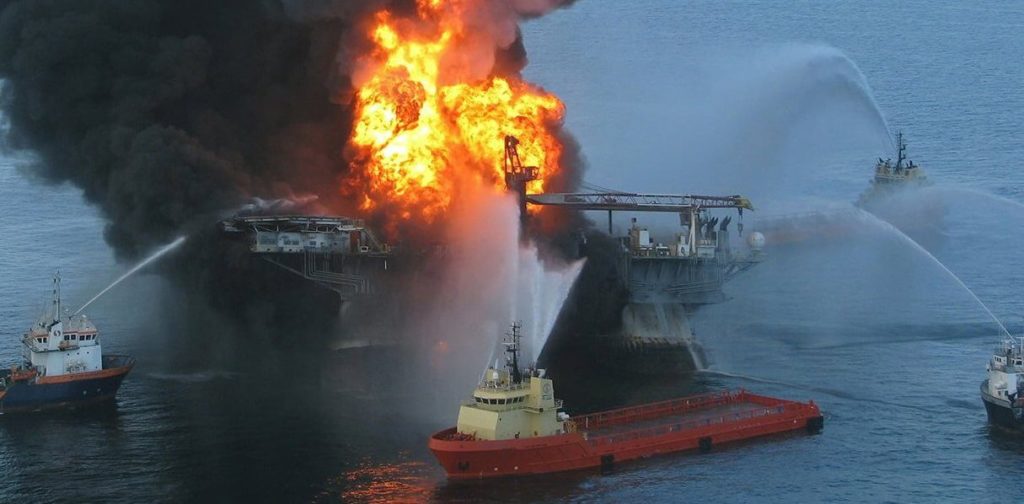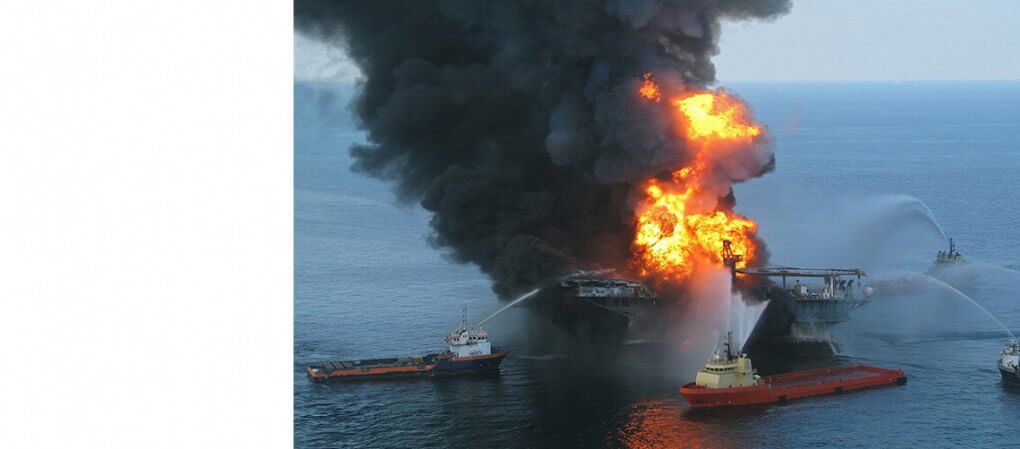 One of our favorite Canadian environmental reporters, Emma Gilchrist, posted an article on DeSmog Canada’s online news site this week that pokes holes in any government or company’s claims that they know how to clean up an oil spill.
One of our favorite Canadian environmental reporters, Emma Gilchrist, posted an article on DeSmog Canada’s online news site this week that pokes holes in any government or company’s claims that they know how to clean up an oil spill.
Gilchrist interviewed Dr. Riki Ott, a marine biologist and once a Prince William Sound, Alaska, commercial salmon fisher who wrote the book, Not One Drop: Betrayal and Courage in the Wake of the Exxon Valdez Oil Spill.
Her main message to Canadians? Beware of any government or company that promises world-class oil spill responses.
“I set foot down in Louisiana (after the BP Deepwater Horizon spill and explosions in 2010), 21 years after the Exxon Valdez and I’m watching the news and I’m seeing it’s the same booms, it’s the same burning, it’s the same dispersants that were used 21 years ago,” Ott said.
“I thought surely we had all learned lessons from the Exxon Valdez and that industry was going to be forced to improve its cleanup methods based on lessons learned. Nope.”
Ott told Gilchrist that “Alaskans made a lot of assumptions going into the Exxon Valdez spill. You trust the government has these standards in place, that the government is ready, that you’re going to be taken care of if there is a spill.”
“Instead what we found was that promises sound really good when the industry and the government want something and it all becomes kind of like smoke after the ink is dry on the permits.”
The Effects Exxon Valdez on the Alaskan Fishing Industry
Approximately 1,300 miles of Alaskan shoreline was contaminated when the oil tanker Exxon Valdez struck Bligh Reef in Prince William Sound, Alaska.
An estimated 250,000 seabirds, 2,800 sea otters, 300 harbor seals, 250 bald eagles, up to 22 killer whales, and billions of salmon and herring eggs were contaminated. Not all beaches were cleaned and some remain oiled today.
The tourism industry immediately lost over 26,000 jobs and more than $2.4 billion in sales.
The Alaskan fishing industry was decimated. Salmon, herring, crab, shrimp, rockfish and sablefish fisheries all closed for the year, with some shrimp and salmon fisheries forced to remain closed the following year.
Yet, it was the toxic effect oil has on fish eggs researchers discovered following the Exxon oil spill that led to the 1993 decimating the number of Salmon and Herring species making surviving into maturity.
Nearly twenty years later, the herring fishery in Prince William Sound has never recovered.
The Effects of BP Deepwater Oil Spill on the Gulf of Mexico Fishing Industry
On April 20, 2010, an explosion occurred on the Deepwater Horizon oil platform, located in the Mississippi Canyon about 40 miles (64 km) off the Louisiana coast, that caused it to sink a day-and-a-half later.
While initial reports said that little oil had leaked, it was soon reported that roughly 19,000 barrels per day were pouring into the Gulf. The leak wasn’t plugged until 88 days after it began. Over a hundred thousand barrels of oil leaked into the Gulf of Mexico before the underwater oil well was capped, costing the Gulf of Mexico Fishing industry between $94.7 million to $1.6 billion and anywhere between 740 to 9,315 job within eight months of the spill.
While Louisiana’s commercial fishing industry bore the brunt of the costs of the spill, with the highest costs affecting shrimp, oysters, crabs and menhaden, Mississippi’s oyster stocks collapsed for the second time since Hurricane Katrina.
Nearly five years after the Deepwater Horizon oil spill in the Gulf of Mexico, a report by the National Wildlife Federation revealed that that creatures like dolphins, sea turtles and fish still haven’t fully recovered.
Researchers say it may be decades before the full effects of the BP Oil spill are fully understood.
Read the full article here.
-30-

